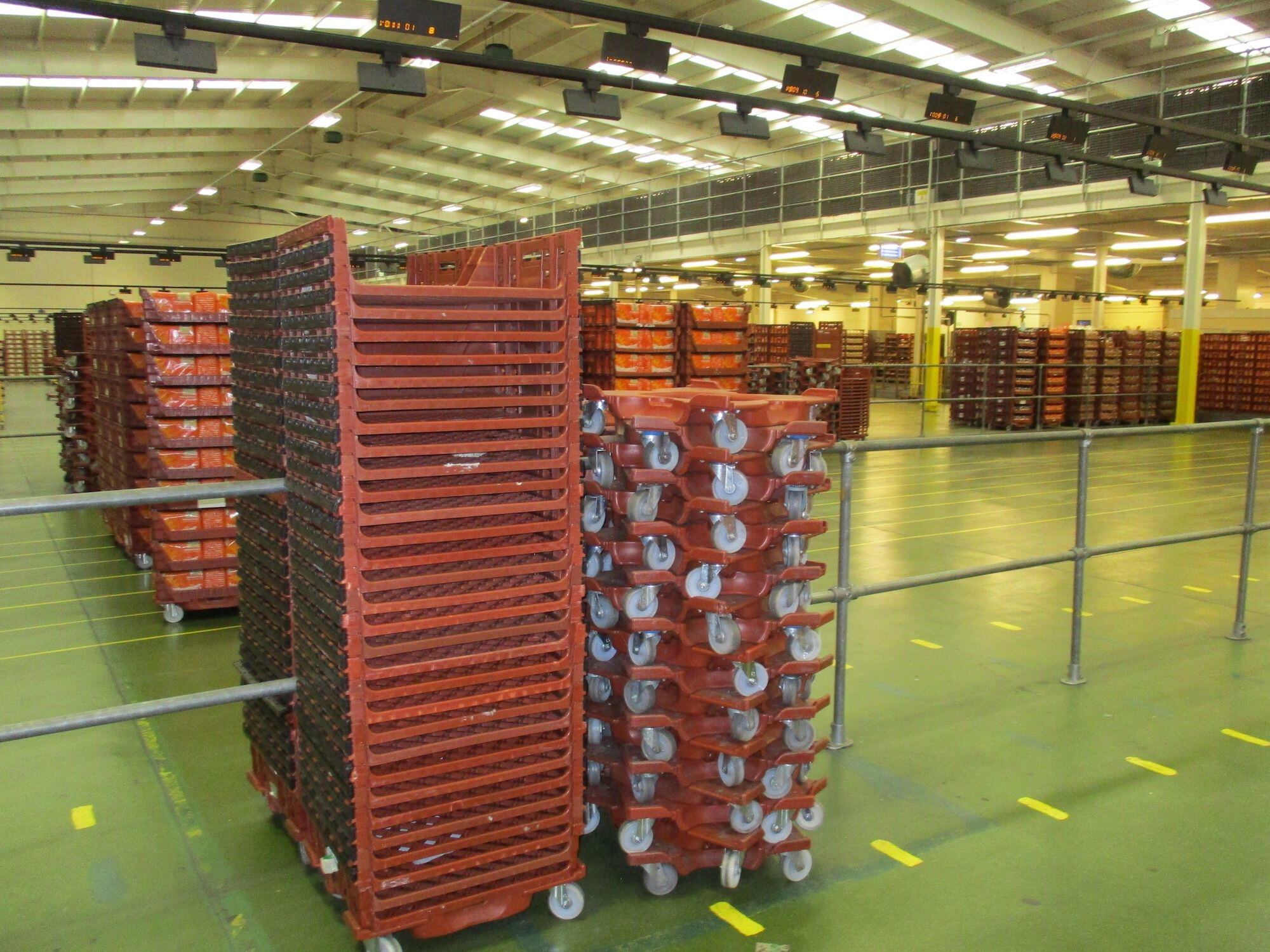This year, Global Recycling Day shines the spotlight on #RecyclingHeroes: the people, places and activities that showcase the critical role recycling plays in contributing to a greener future.
The third annual Global Recycling Day coincides with a new report by a group of international academics that states that economies and sectors that prioritise a move toward a ‘circular economy’ model could better recover from the financial impact of the pandemic.
The study published in the January 2021 edition of Resources, Conservation and Recycling echoes earlier recommendations by the Ellen MacArthur Foundation circular economy – as an instrument to decouple economic growth from resource use and environmental impact – opens up the way for a resilient recovery.
“It not only addresses the negative impacts of the linear economy, but more importantly it represents a systemic shift that builds long-term resilience, generates business and economic opportunities, and provides environmental and societal benefits,” write the authors.
Opportunities created by the pandemic
David Murray, technical director for Sustainability at Bureau Veritas, adds, “The pandemic represents an enhanced opportunity to build a resilient and low-carbon economic recovery. However, this requires firms in every sector to put the circular economy at the heart of their post-pandemic business model.
“Fundamentally, this demonstrates a credible commitment to reduce a business’ reliance on virgin materials and limit the levels of waste produced to minimise its environmental impact.”
According to Murray, the circular economy business model will be key if the UK is to achieve the Government’s target of net zero emissions by 2050 and undoubtedly, tackling this issue will be a key priority ahead of the COP26 in Glasgow later this year.
He adds that initiatives such as Global Recycling Day are a great reminder to businesses that coming out of the pandemic consumers are increasingly turning their backs on the old ‘take-make-waste’ way of doing things.
“Going the extra mile in reducing environmental and social impact is no longer a ‘nice to have’ but rather essential for post-pandemic recovery and long-term profitability,” says Murray.
Holistic approach
Producers looking to embed circular economy principles into their operation need to take a holistic approach, which would have to consider emissions across the entire supply chain – from procurement to disposal – in addition to improving the social sustainability of their practices.
“The circular economy approach to business should consider the whole organisation and the life cycles of its products. We have seen businesses in various sectors placing a greater emphasis on the utilisation of recycled materials as well as seeking more radical and systematic innovation, such as optimising product design and establishing new business models; all of which can reduce waste output.
“Of course, it’s a huge and complex task, however the business benefits in terms of revolutionising efficiencies, reducing cost, meeting future legislation and an enhanced CSR profile are huge. As world continues to adjust to the ‘new normal’ the pandemic has left behind, its legacy could be to create a new sustainable economy by embracing the circular model,” says Murray.
Bureau Veritas has the technical expertise to help producers – both big and small – improve their sustainability performance. With a proven track record in verification of environmental, health & safety and social data, including conducting audits against the requirements of ISO 14064 Part 3, Bureau Veritas is also a GRI Community Member, an AA1000AS Licensed Provider and a UKAS accredited ISO 14064-1 Verification Body.
Study:
Authors: T. Ibn-Mohammeda, K.B. Mustapha, J. Godsella, et al.
Resources, Conservation and Recycling, Volume 164, January 2021, 105169





